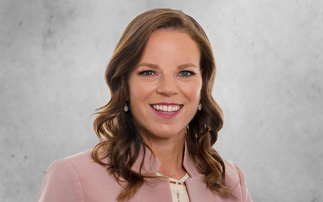the manager of dresdner UK growth and mid cap portfolios shuns biotechs in favour of health and retail stocks
Trevor Green has stepped out from the shadows of his previous colleague Bill Mott at Credit Suisse but is faced with turning around one of the worst-performing funds in the UK All Companies sector, the £173.1m Dresdner RCM UK Growth Oeic. Green, who joined Dresdner in February this year, has now restructured the portfolio, focusing on fundamentals and selling out of the 'hope' stocks in which the fund was heavily weighted. The fund was ranked 299 out of 316 and gave a negative return of 8.3% over the three months to 10 June 2002 compared with a sector average of -4.2% on a bid-to-bid...
To continue reading this article...
Join Investment Week for free
- Unlimited access to real-time news, analysis and opinion from the investment industry, including the Sustainable Hub covering fund news from the ESG space
- Get ahead of regulatory and technological changes affecting fund management
- Important and breaking news stories selected by the editors delivered straight to your inbox each day
- Weekly members-only newsletter with exclusive opinion pieces from leading industry experts
- Be the first to hear about our extensive events schedule and awards programmes








